Why Do Some FLDS Teen Girls Marry While Others Don’t?
Some people ask if early marriage is mandated for FLDS teens? The obvious answer is "no," many are allowed to reach the ripe old age of 18 before being "assigned."
Some people ask if early marriage is mandated for FLDS teens? The obvious answer is "no," since only some of the girls aged 12 to 16 are married. Many are allowed to reach the ripe old age of 18 before being "assigned." So why do some marry young, while others don't?
We can look in a couple of directions. I tend to look to my own family for information, since my father took his wives under similar priesthood leadership, before the FLDS and AUB became separate entities. He married two fifteen year-olds. The first, Aunt "Rachel" worried her father with her inclination toward sensuality. Rachel's mother had died giving birth, and although his plural wives looked after her, her father may have worried that if she didn't get married, she'd get "in trouble." My father married her as requested, but didn't consummate the relationship until she was older.
The second woman had been the mothers' favored babysitter, and she made it clear to her father that she wanted to come into Dr. Allred's family. But she probably didn't expect to marry him until she was older. My father had been sentenced to prison for illegal cohabitation, so they married the night before he sentence began. She had no warning, was dressed in her nightgown, hair braided for bed, feet dusty from the coal bin where she'd propped her feet while doing her math homework at the kitchen table. Her father married them in my father's doctor's office, with no one else present-it was to be kept a secret even from her mother. My father forgot to kiss her after the ceremony, and she had to remind him. They didn't consummate the marriage until after he'd served his sentence and then some, since conditions of his parole precluded his being with his plural wives.
We can also look at the experience of Elissa Wall, whose nightmare marriage at the age of fourteen to her cousin Allen Steed is the focal point of her book, Stolen Innocence. Elissa gave her priesthood leaders big headaches. Like her brothers and her sister, Teressa, Elissa objected to religious leaders breaking up her parents' marriage. Elissa asked too many questions. She showed subtle signs of rebellion. And because she was so deeply bonded to her mother, she interfered in her mother's second marriage, to Colorado City Bishop, Fred Jessop. "Fred didn't like Elissa for some reason," Teressa told me. "He wanted to get her out of the house." He also wanted to reward Elissa's cousin, Allen Steed, for being a loyal follower. So he talked Warren Jeffs into assigning Elissa to Allen-against her initial pleas and her subsequent refusal. In the final analysis, Elissa was forced to marry Allen as the outcome of a power struggle between a teenaged girl and the head of the FLDS community.
I suspect that girls are assigned to marry young because they are precocious-intellectually or emotionally or sexually. But that doesn't mean it's justifiable. Gifted teens sometimes start college when they're fourteen or fifteen, but that doesn't mean they're ready to attend frat parties. Precocity doesn't equal readiness for adult life. Right?
Stay In The Know
Get exclusive access to fashion and beauty trends, hot-off-the-press celebrity news, and more.
-
 The Scent of the Summer Is a Little Bit Pool Water, Plus a Lot of Swimsuit Lycra
The Scent of the Summer Is a Little Bit Pool Water, Plus a Lot of Swimsuit LycraVacation’s new body mists are coming in hot.
By Samantha Holender
-
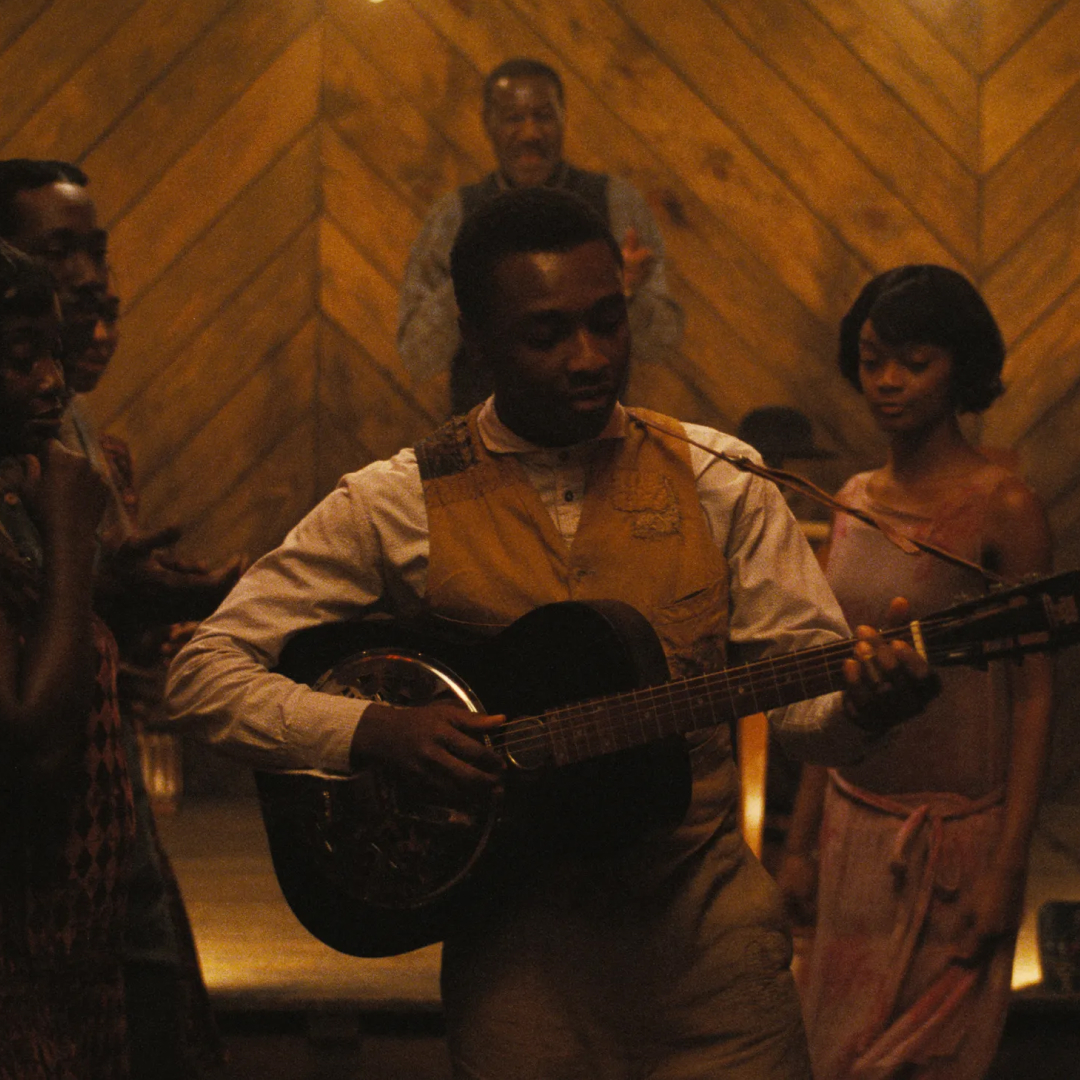 In 'Sinners,' Music From the Past Liberates Us From the Present
In 'Sinners,' Music From the Past Liberates Us From the PresentIn its musical moments, Ryan Coogler's vampire blockbuster makes a powerful statement about Black culture, ancestry, and art.
By Quinci LeGardye
-
 Kendall Jenner Has the Last Word on the Best Travel Shoes
Kendall Jenner Has the Last Word on the Best Travel ShoesLeave your ballet flats in your checked bag.
By Halie LeSavage
-
 36 Ways Women Still Aren't Equal to Men
36 Ways Women Still Aren't Equal to MenFeatures It's just one of the many ways women still aren't equal to men.
By Brooke Knappenberger
-
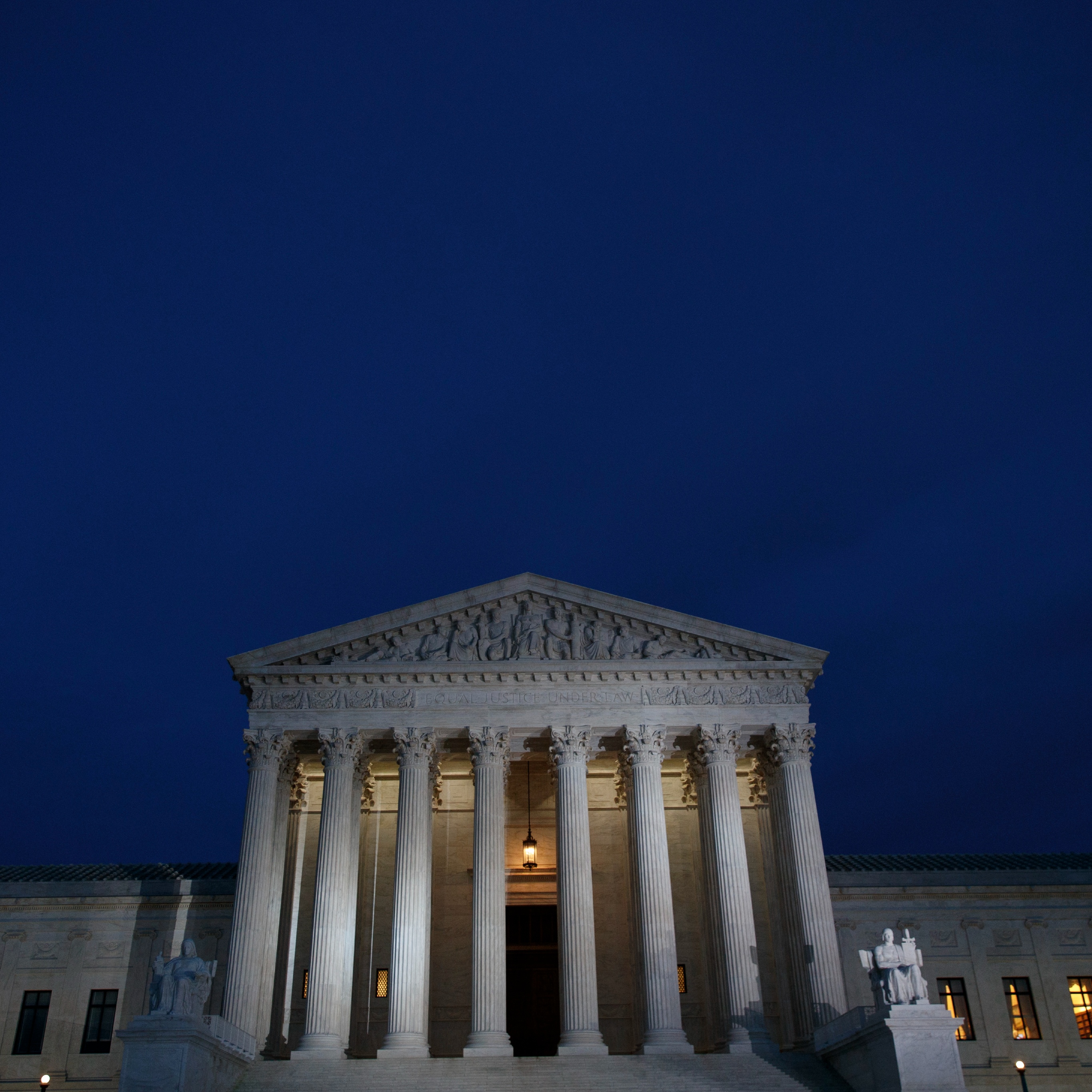 Justice Clarence Thomas: LGBTQ+ Rights and Contraception Are Next
Justice Clarence Thomas: LGBTQ+ Rights and Contraception Are Next"We should reconsider all of the Court's substantive due process precedents..."
By Jenny Hollander
-
 Today, on Human Rights Day, the U.S. Must Abolish Child Marriage
Today, on Human Rights Day, the U.S. Must Abolish Child MarriageIn all but six states, American adults can marry people aged 17 and younger.
By Saryn Chorney
-
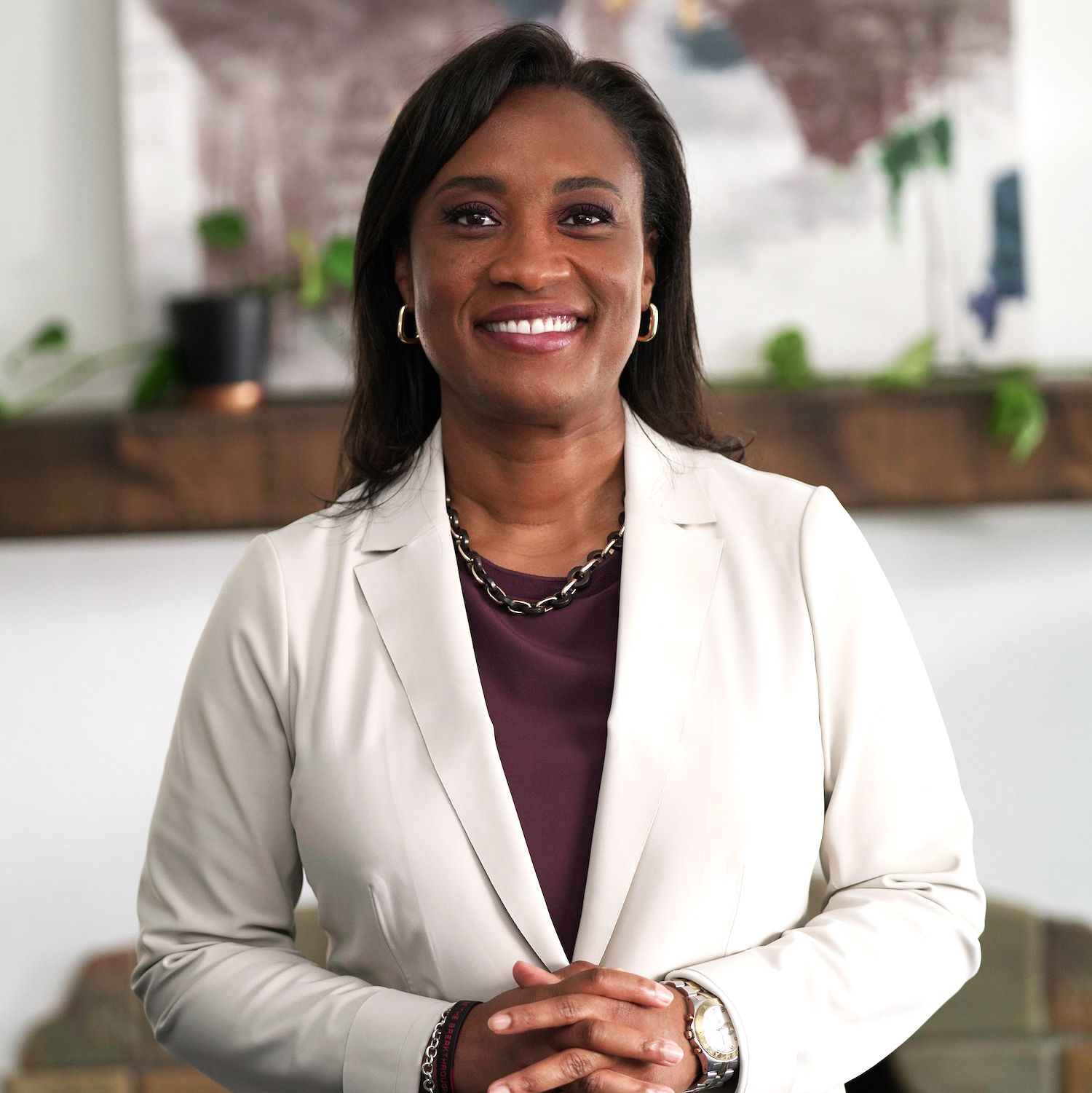 EMILY's List President Laphonza Butler Has Big Plans for the Organization
EMILY's List President Laphonza Butler Has Big Plans for the OrganizationUnder Butler's leadership, the largest resource for women in politics aims to expand Black political power and become more accessible for candidates across the nation.
By Rachel Epstein
-
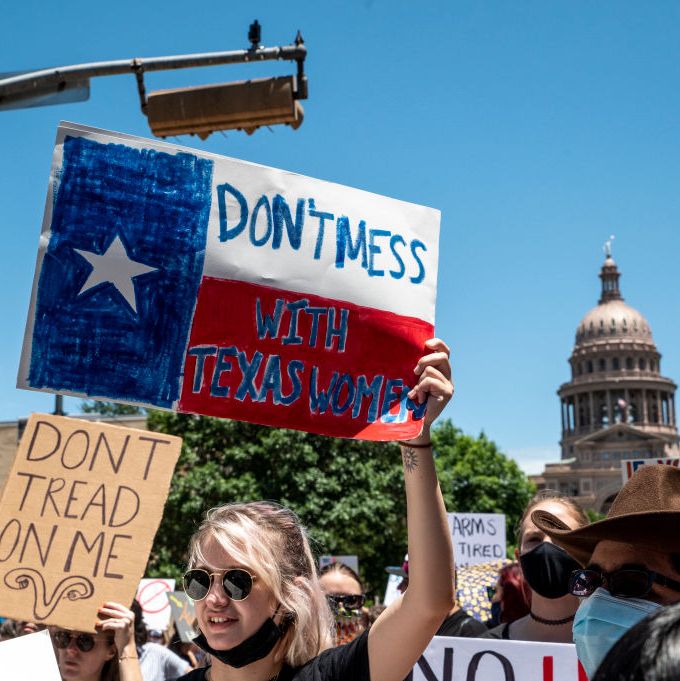 Want to Fight for Abortion Rights in Texas? Raise Your Voice to State Legislators
Want to Fight for Abortion Rights in Texas? Raise Your Voice to State LegislatorsEmily Cain, executive director of EMILY's List and and former Minority Leader in Maine, says that to stop the assault on reproductive rights, we need to start demanding more from our state legislatures.
By Emily Cain
-
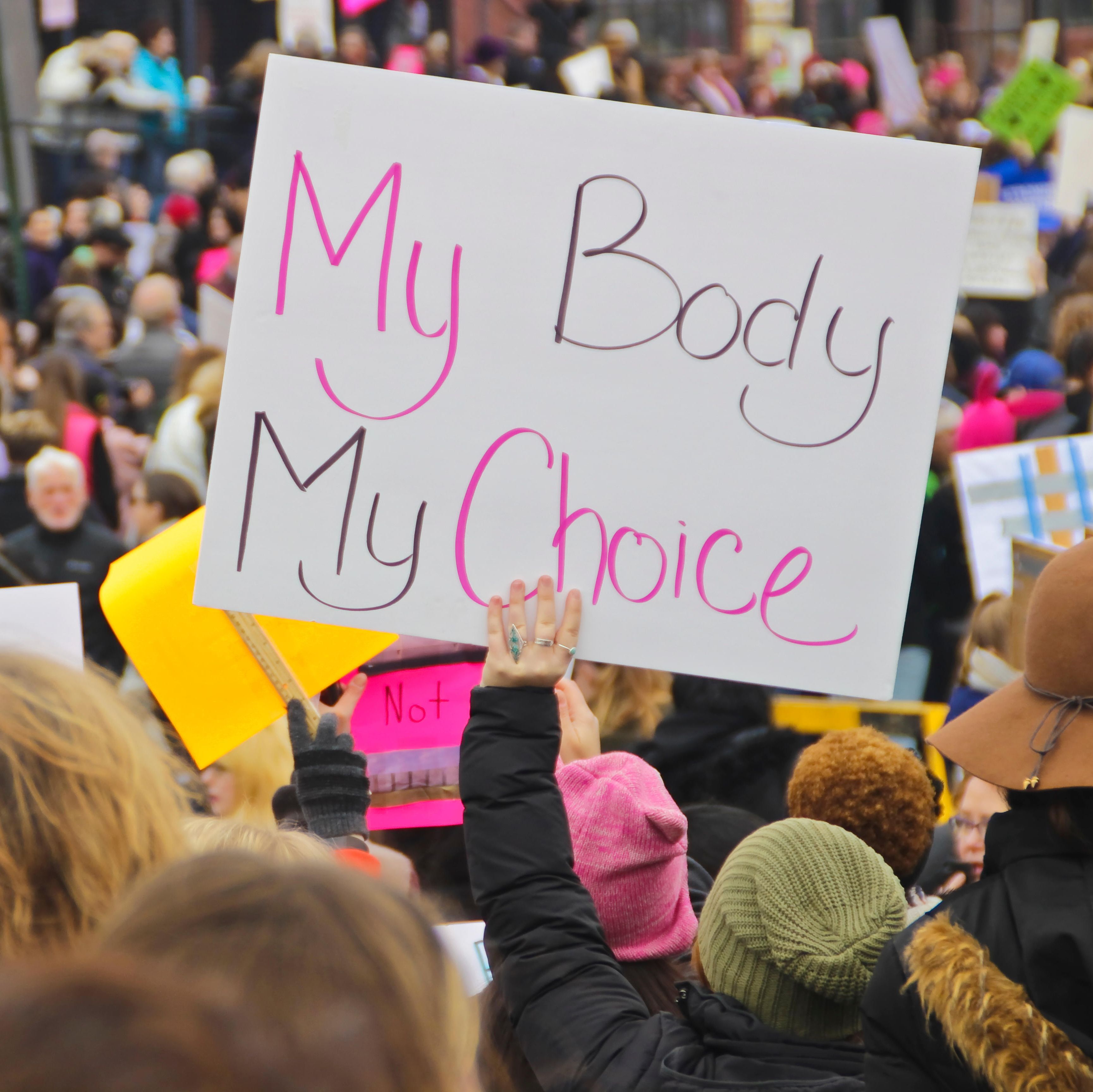 Your Abortion Questions, Answered
Your Abortion Questions, AnsweredHere, MC debunks common abortion myths you may be increasingly hearing since Texas' near-total abortion ban went into effect.
By Rachel Epstein
-
 The Future of Afghan Women and Girls Depends on What We Do Next
The Future of Afghan Women and Girls Depends on What We Do NextBetween the U.S. occupation and the Taliban, supporting resettlement for Afghan women and vulnerable individuals is long overdue.
By Rona Akbari
-
 How to Help Afghanistan Refugees and Those Who Need Aid
How to Help Afghanistan Refugees and Those Who Need AidHow To With the situation rapidly evolving, organizations are desperate for help.
By Katherine J. Igoe